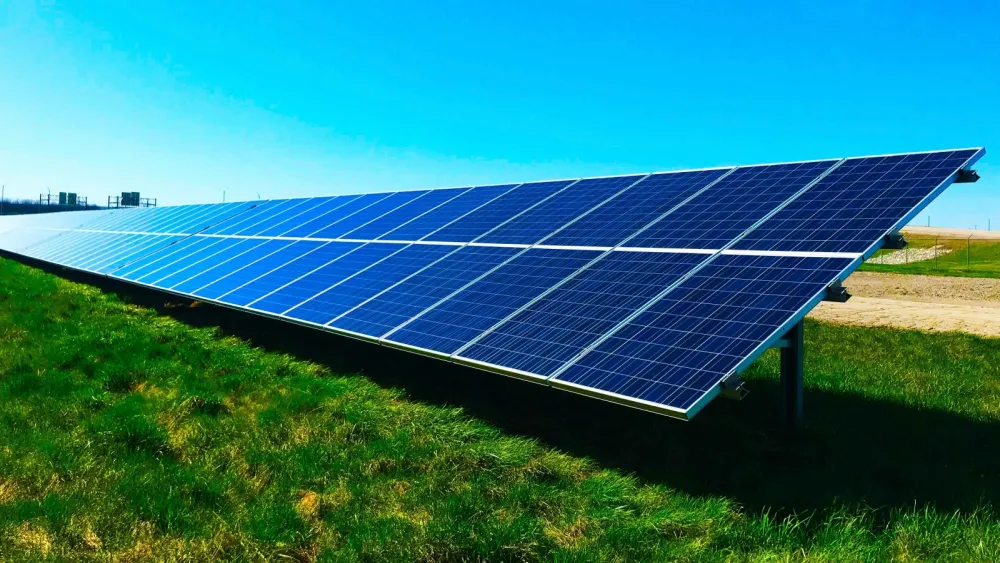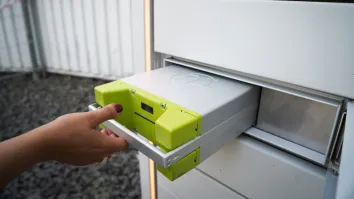Cirata floating solar plant powers over 50,000 homes in Indonesia
The Cirata floating solar plant is driving Indonesia towards cleaner energy and reducing carbon emissions.
Indonesia's renewable energy landscape is witnessing a remarkable transformation with the recent inauguration of the Cirata floating solar plant, the largest in Southeast Asia.
The Cirata floating solar plant, producing 145 megawatt AC, or roughly 192 megawatts peak, has a far-reaching impact, powering more than 50,000 homes in West Java, Indonesia.
"It helps in reducing more than 214,000 carbon dioxide emissions per year." Fatima Al Suwaidi, President Director of Masdar Indonesia said, "It helped create a blueprint for Indonesia, supporting the government to upgrade regulations and introduce new laws for more solar power plants.”
She said that this initiative is not only a technical achievement but also a policy milestone, highlighting the plant’s state-of-the-art design, tailored to withstand the challenges posed by the deep and sloped reservoir of Cirata.
“The power plant was designed to tolerate depths of around 10 to 100 metres and extreme slopes of 40 degrees," she explained.
The project incorporates two different anchoring systems, mitigating risks associated with the reservoir's soil characteristics. Notably, the construction prioritised safety by designing a system that allowed anchoring and mooring installation without human divers, a breakthrough in offshore power plant construction.
The development of this solar plant is the result of a unified effort between governments, stakeholders, and project lenders. "There was clear unity between the UAE and Indonesia governments and stakeholders, including Masdar and PLN," Al Suwaidi noted.
She added that this collaboration was crucial in overcoming the project's challenges, considering it was Indonesia's first and largest floating solar plant. The project's success is also attributed to Masdar’s extensive experience in renewable energy development and its ability to navigate through technological and regulatory challenges.
"Masdar's long track record over the last 18 years in developing over 20 gigawatts of renewable energy was instrumental," she said.
Al Suwaidi also mentioned that the project's financing model sets a precedent for future renewable energy developments in Indonesia. "This is the first renewable energy power plant in Indonesia that has been financed on a non-recourse international basis," she stated.
In addition to its environmental benefits, the Cirata floating solar plant plays a crucial role in Indonesia’s economic development. By providing electricity to over 50,000 homes, it not only contributes to the nation's energy security but also supports its socio-economic growth. The project has also been instrumental in advancing local regulations and legislation, paving the way for further renewable energy projects in the country.



















 Advertise
Advertise







Commentary
What a $635b investment push could mean for India’s refineries and thermal power plants